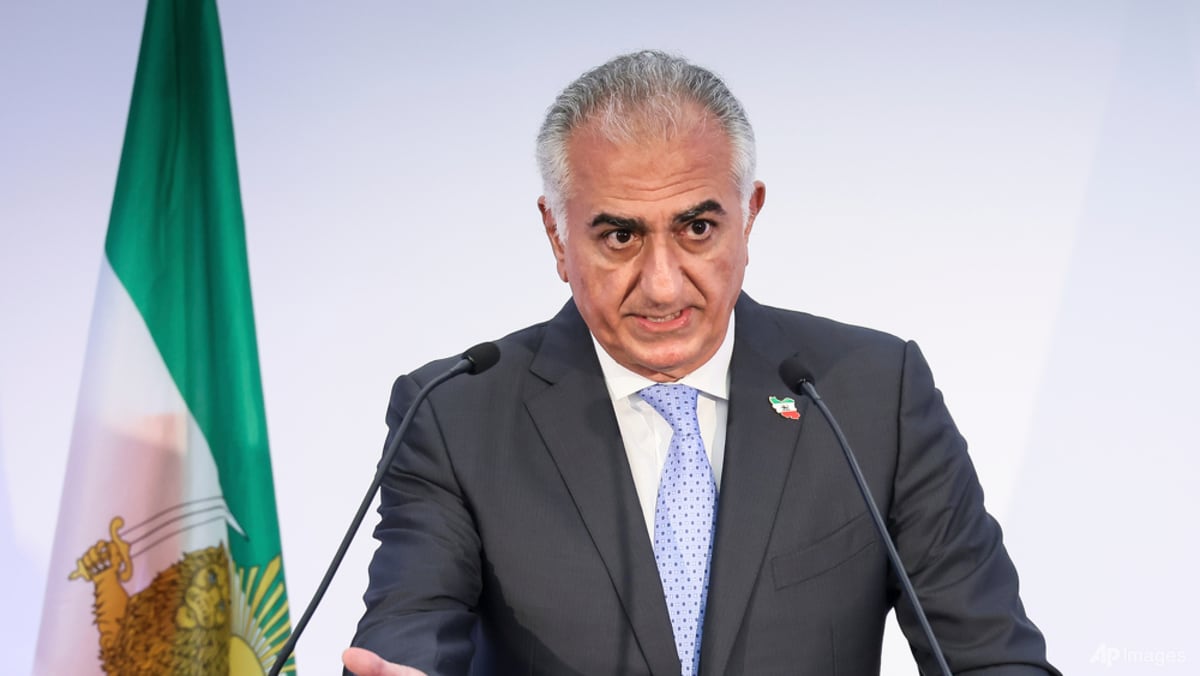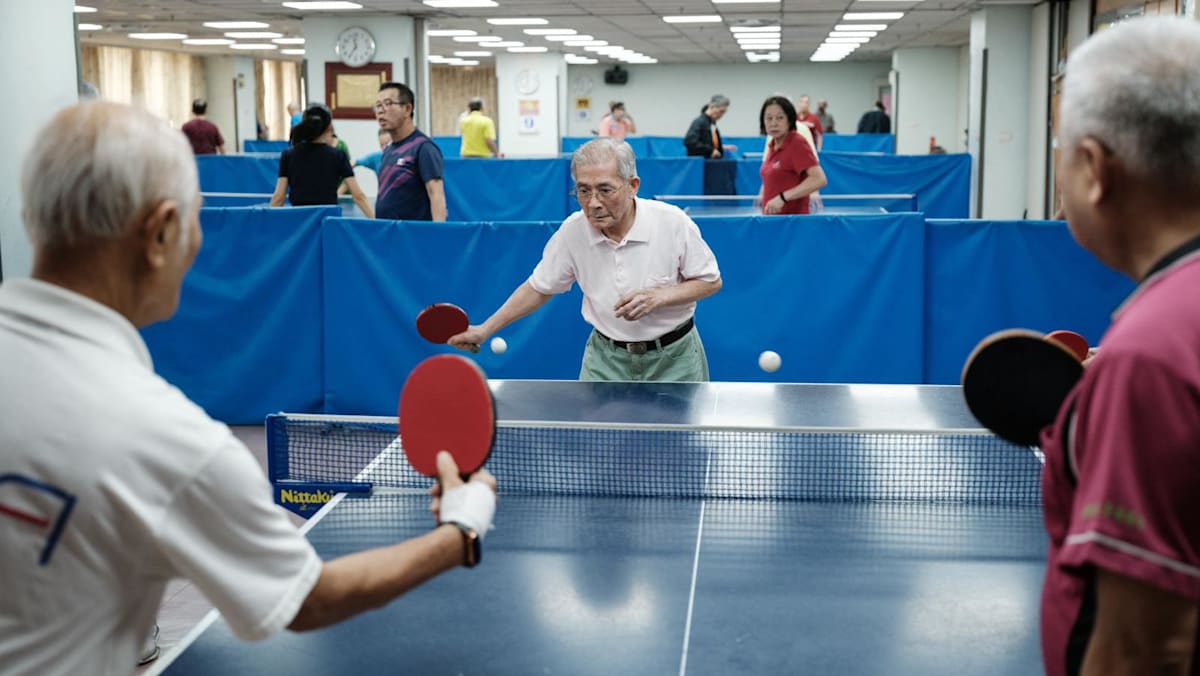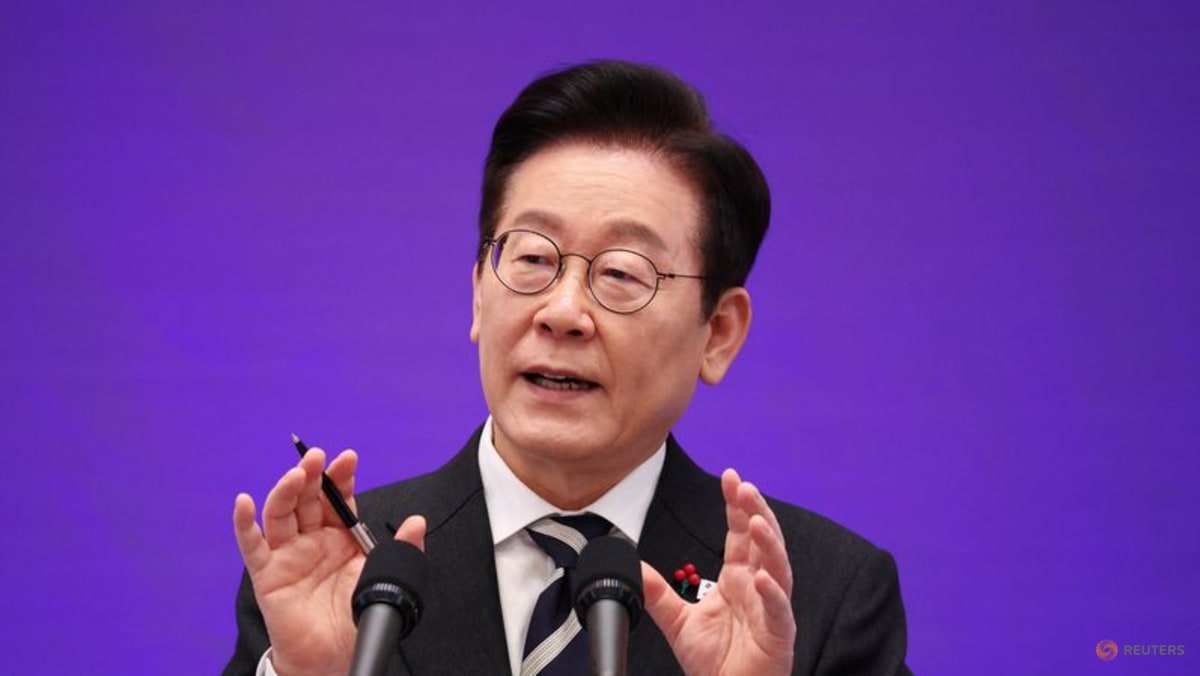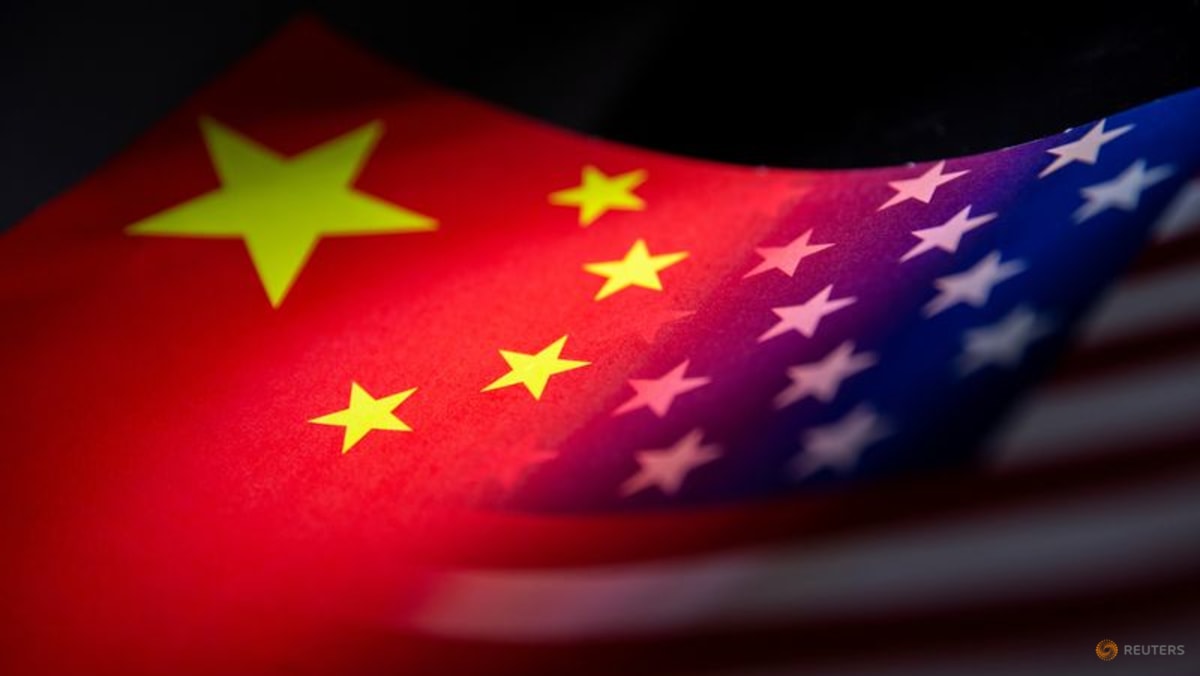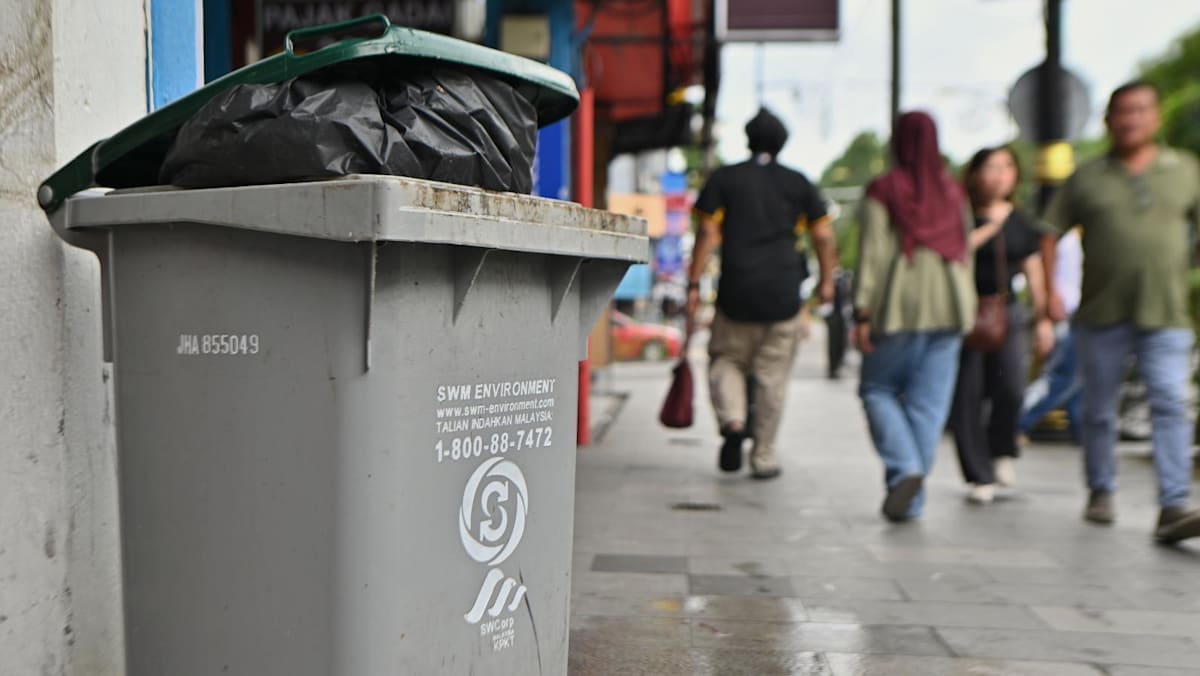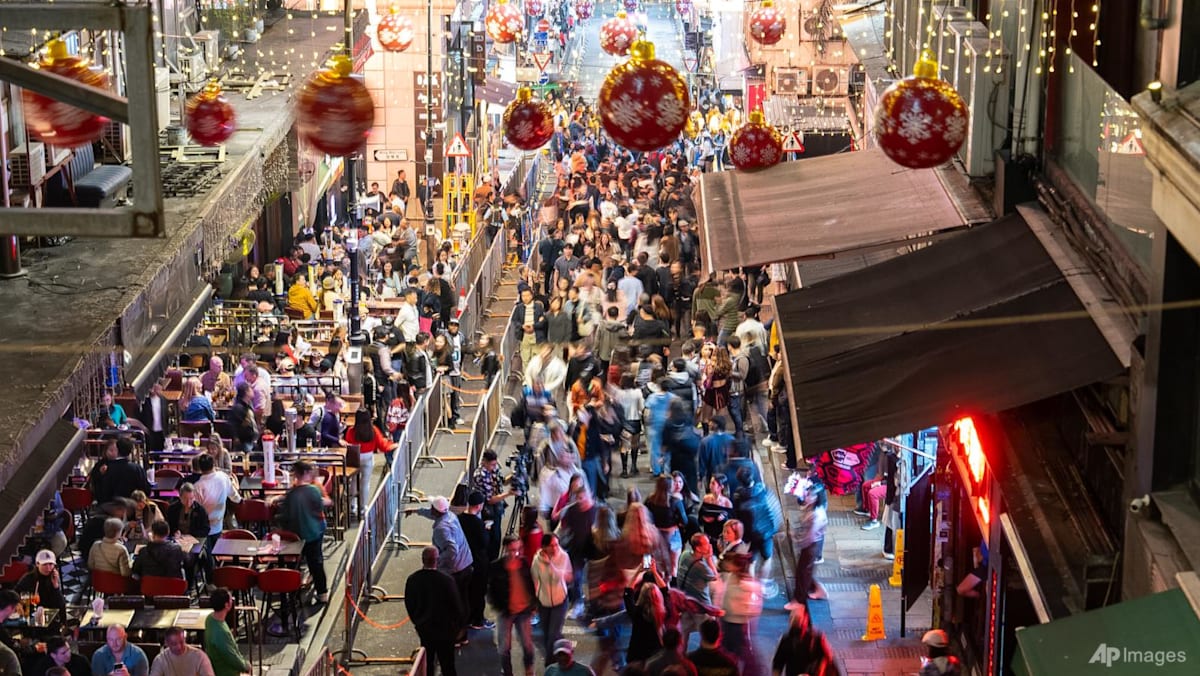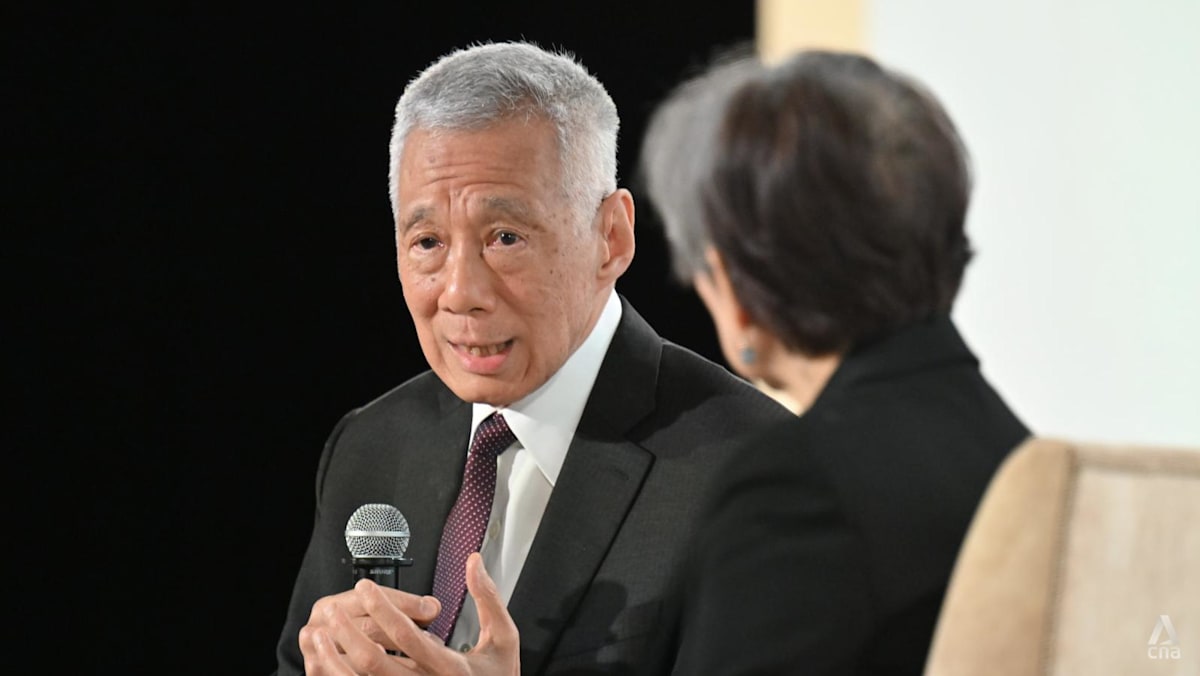Xi to open biggest ever Asian Games after a year’s delay
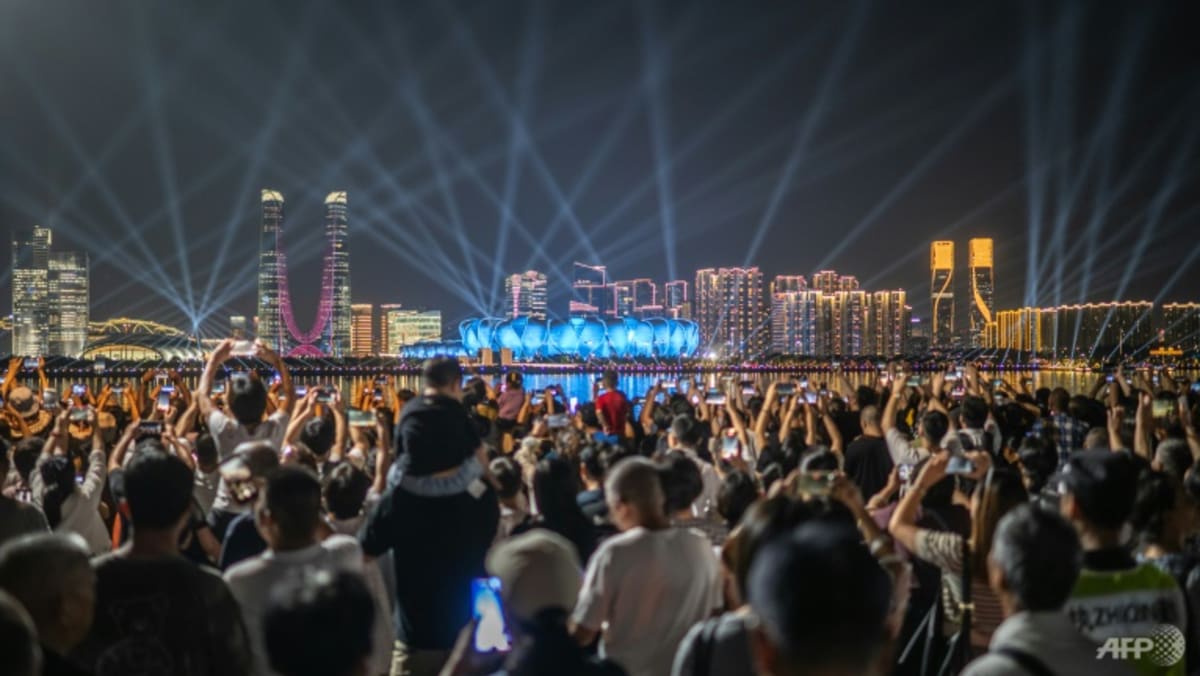
“OPEN TO ALL”
The hosts are overwhelming favourites to top the medals table, boosting a nearly 900-strong delegation, with Japan and South Korea battling for second.
Notably, North Korea has sent a team to end nearly three years of isolation from the global sporting arena.
They will fight for medals in sports ranging from athletics, swimming and football to bridge, along with a host of regional specialities including dragon boat racing, Chinese martial art wushu and kabaddi, a popular contact sport on the Indian subcontinent.
Nine sports, among them boxing, breakdancing and tennis, will serve as Asia qualifiers for next year’s Paris Olympics.
A sprinkling of world and Olympic champions adds some stardust, including India’s javelin king Neeraj Chopra, Qatari high jumper Mutaz Barshim and Chinese swimming royalty Qin Haiyang and Zhang Yufei.
Olympic Council of Asia (OCA) honorary life vice-president Wei Jizhong said that having so many sporting disciplines was about giving opportunities to as many athletes as possible.
“We are open to all. This means our Games are not concentrated only for elite sportspeople,” he said.
“When developing countries’ athletes get medals their people are happy, their government is happy and they support sport. Sport has a high social position. So I think this policy of OCA is successful.”
The Games will be staged at 54 venues – 14 newly constructed – mostly in Hangzhou but also extending to cities as far afield as Wenzhou, 300km south.
The centrepiece is the “Big Lotus” Olympic stadium with a capacity of up to 80,000 where athletics and the opening and closing ceremonies will be staged.
Hangzhou, a city of 12 million people an hour’s bullet train from Shanghai, is the unofficial home of China’s tech industry, and the Games will feature driverless buses, robot dogs and facial recognition.
It is the first cashless Games, with Hangzhou being a cashless city.
Organisers are also touting their environmental credentials, with a low-carbon policy in place that will see venues powered by “green” electricity.
Source: CNA


